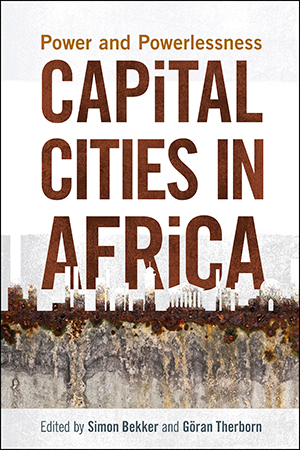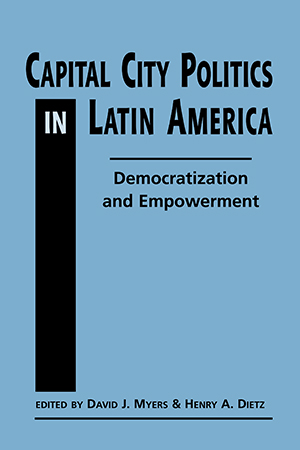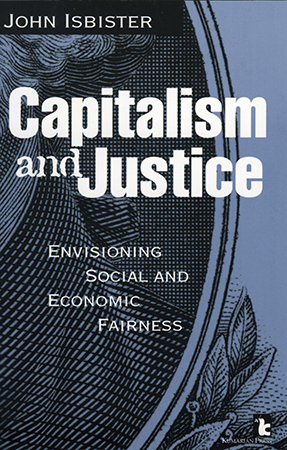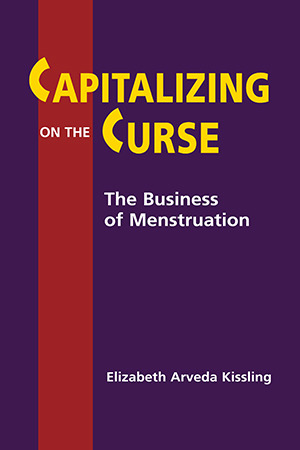BOOKS
Prevention of crime on college campuses—and at similar facilities such as hospitals and museums— can be greatly improved by the use of new high-definition crime mapping More >
Capital cities today remain central to both nations and states. They host centers of political power, not only national, but in some cases regional and global as well, thus offering major More >
As Latin America's new democratic regimes have decentralized, the region's capital cities—and their elected mayors—have gained increasing importance. Capital City More >
In Capitalism and Justice, John Isbister takes a practical approach to some of the most important questions of economic and social justice in the context of the global economy: How big a More >
Although a regular occurrence for millions of women, menstruation is typically represented in US culture as an illness or a shameful episode—to the benefit of an entire industry. More >
Andres Serbin explores the complex of factors—external and domestic—that have shaped the geopolitical dynamics of the Caribbean region since the emergence, beginning in 1962, of More >
Offering a critical perspective on new fiction from the West Indies, Patteson concentrates on five writers from diverse backgrounds and with differing perspectives and artistic strategies, More >
What explains the boom in private prisons—especially since the record of privatization for rehabilitating prisoners and saving taxpayer dollars is, at best, mixed? Karyl Kicenski More >
A gentle novel about the enduring conflict between young and old, new and traditional, foreign and native. Badian tells the story of a village family in an African country under French More >
This is the first book-length analysis of the emerging literature written in Spanish by contemporary Central Americans whose grandparents came from the largely English-speaking islands of More >










![Caught in the Storm [a novel]](/uploads/66f5dcd7215d5.jpg)



